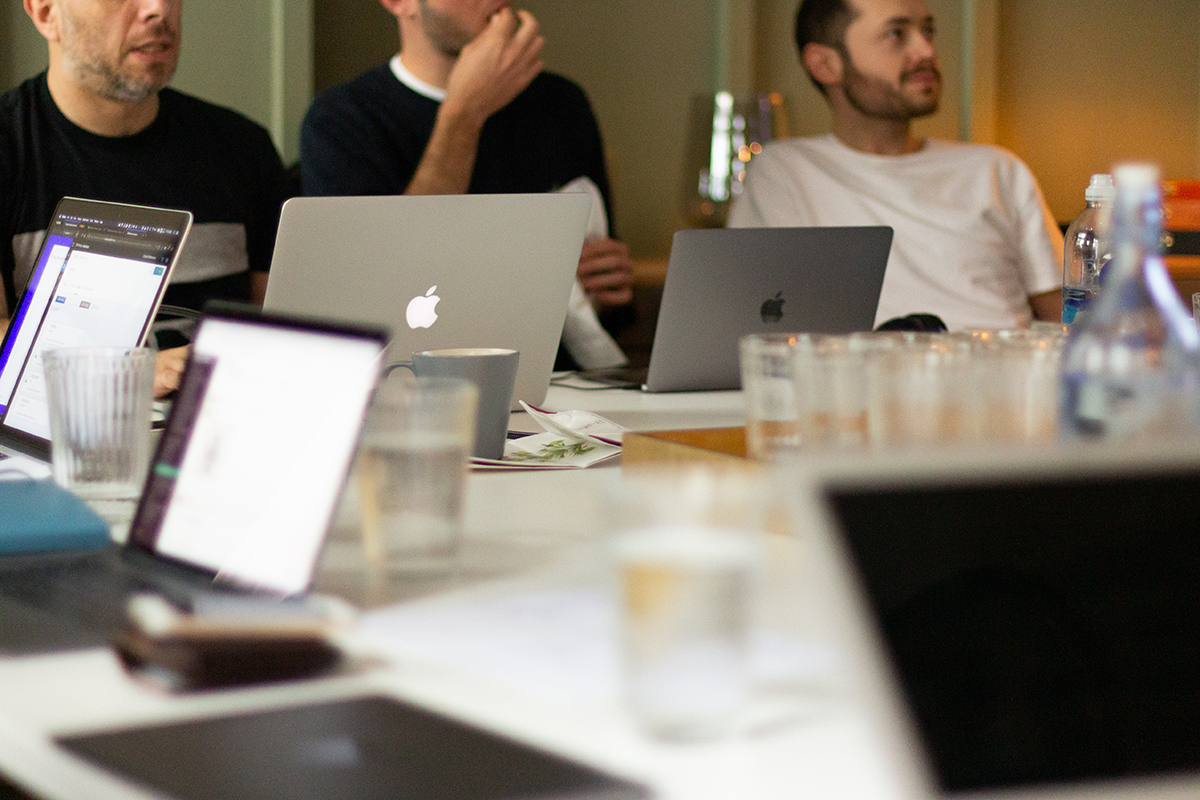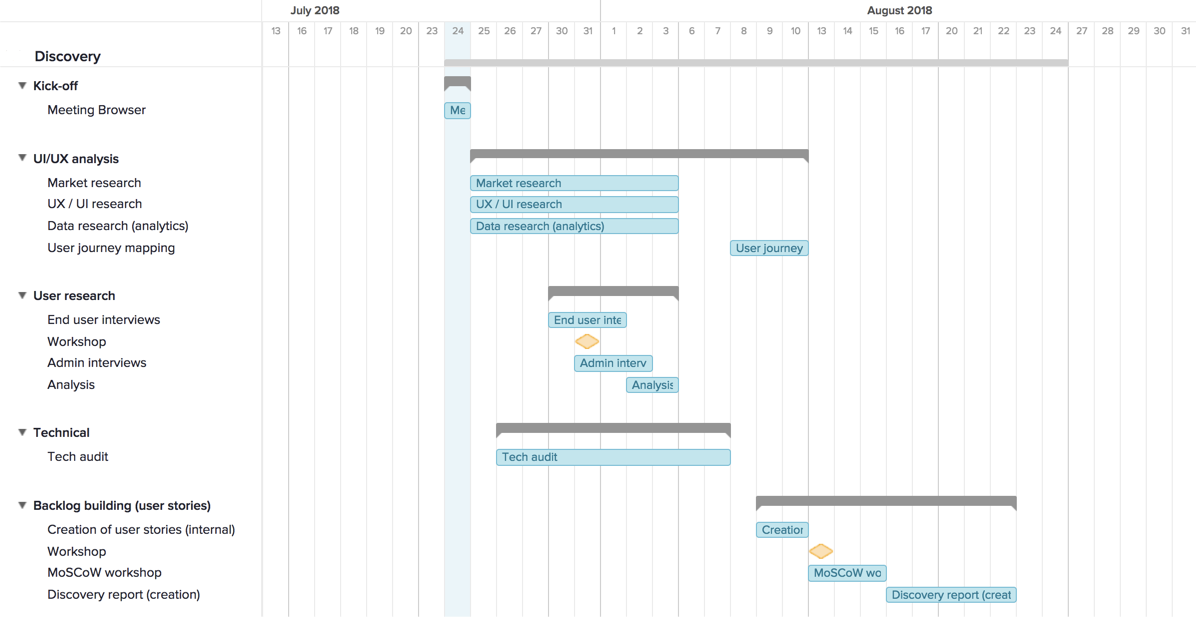Why small teams are mighty

Focused, small teams produce great products and are the most fun way to work… or at least, that’s the conclusion I’ve come to based on my career so far.
I’ve worked with and in a range of technical teams, and it’s the small teams that have been able to engender a dynamic ‘start-up mentality’ that I’ve found most enjoyable and stimulating. Operating in an environment where people have their own areas of expertise but are also actively encouraged to contribute and collaborate in other areas – beyond any strict remit or job description – is extremely rewarding.
This approach creates a creative, collaborative environment where innovation and questioning the norm is encouraged, as opposed to one with deeply ingrained routines or patterns, which can, in my view, be stifling or stagnant. A creative environment also attracts talent which is able to adjust to varied tasks or projects, as well as different approaches and methodologies. I think this is a vital quality in the world of software development.

These thoughts were reinforced in my mind when, in my fourth week at Browser, the full team went away to the JAM London event at which many companies talked about their efforts to foster innovation within their small teams. It’s off the back of this visit that Browser JAMS were born!
Our small team
Of course, it’s not impossible to create a start-up vibe within a larger group or company, but it does get exponentially harder the bigger the team gets. I think our small team here is a good case study for the benefits of staying nimble.
In the time I’ve now been at Browser, it’s impressed me how fast we can jump on an issue when it comes in. We might not have worked on a particular site or application in months, but the team is quickly able to interpret the request, pick up the task and get something (good) out to production in a short space of time, sometimes in a matter of hours. There are always ways we can improve efficiency, but running at this pace in a larger business with extra levels of change control and sign off would be a tough task.
Similarly, the way that brand new projects are picked up is also very exciting. Before you know it, we have started and finished a discovery phase and are planning out our backlog and sprints. It becomes more about cracking on and being purpose-driven rather than ticking boxes, which in my experience is a trap larger corporations have a tendency to fall into.
It’s easier to get the tools you need
For my job specifically (Project Manager), I’ve had a chance to start using some great tools to facilitate my role (Google G Suite, Google Meet, Harvest Forecasting, Slack, TeamGantt as well as additional permissions on Jira and Harvest).

These tools offer features – such as secure off-site access and real-time collaboration – that can be taken for granted in smaller teams or businesses, particularly in 2019.
However, these kind applications are often blocked or restricted in larger organisations where the dev team is simply one part of a larger enterprise. Indeed, many big companies require large and expensive ‘roll out’ operations before tools can be used, or simply greet requests for new tech with an attitude of ‘what we have now is good enough’, which is worse.
This just isn’t the case when there are fewer of you who are less change adverse and have a genuine desire to get things done. Just as important is the fact that in a small team it’s often easier to speak directly to the person in charge of making decisions on new systems or services, and as they are likely to be closer to the issue you’re trying to solve, it’s easier to explain it to them too.
As a new project manager, I was able to get stuck in and involved very quickly, which is exactly what I had hoped for (as opposed to being sent to observe on the sidelines). It’s great to work in a focused, positive team, where everyone is keen to explore different ways of working and communicating, and with clients who are also receptive to this.
When it comes to technical work, I definitely think small teams are mighty. If you’d like to be part of our small team you can click here to see what roles we have available.